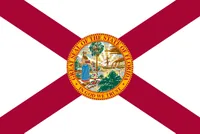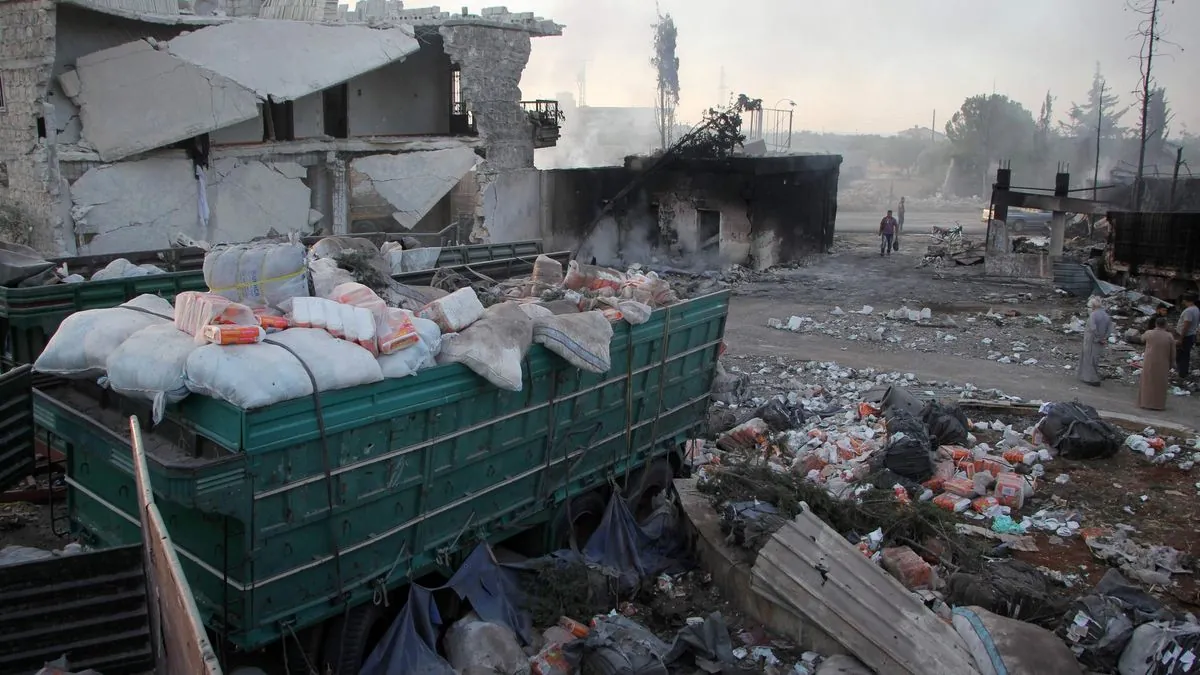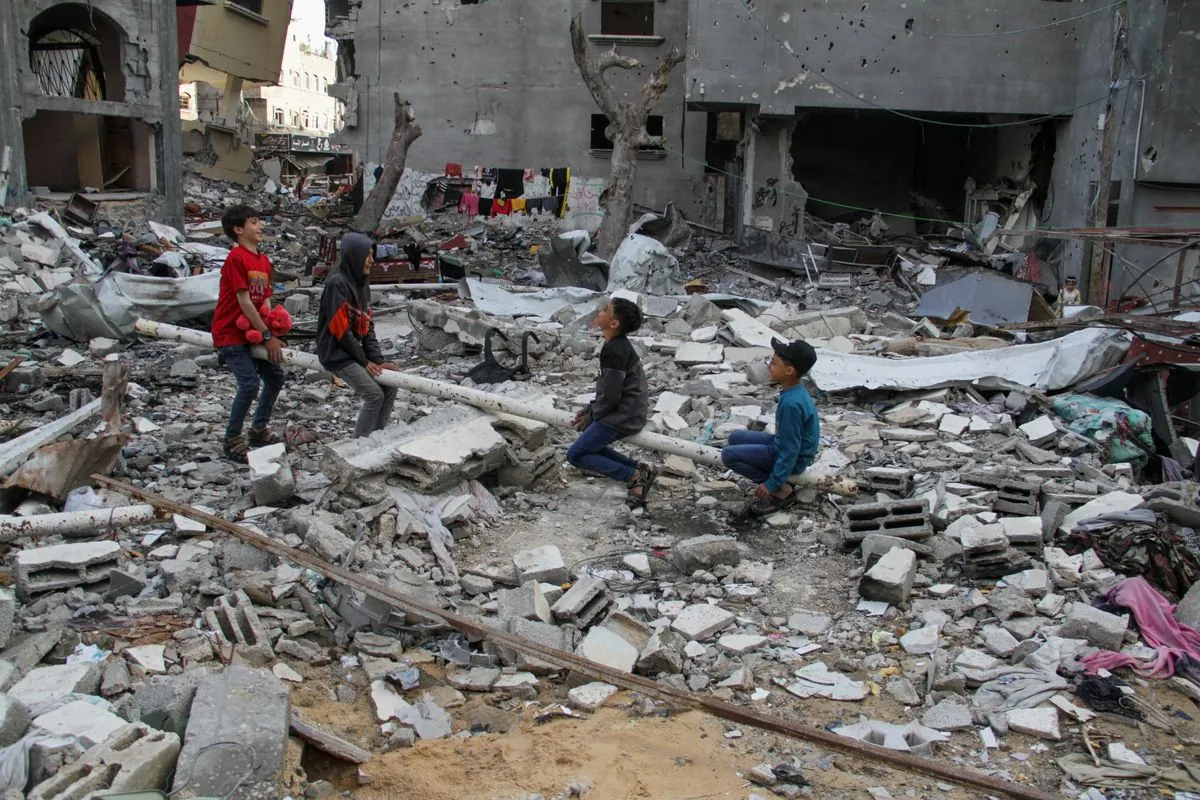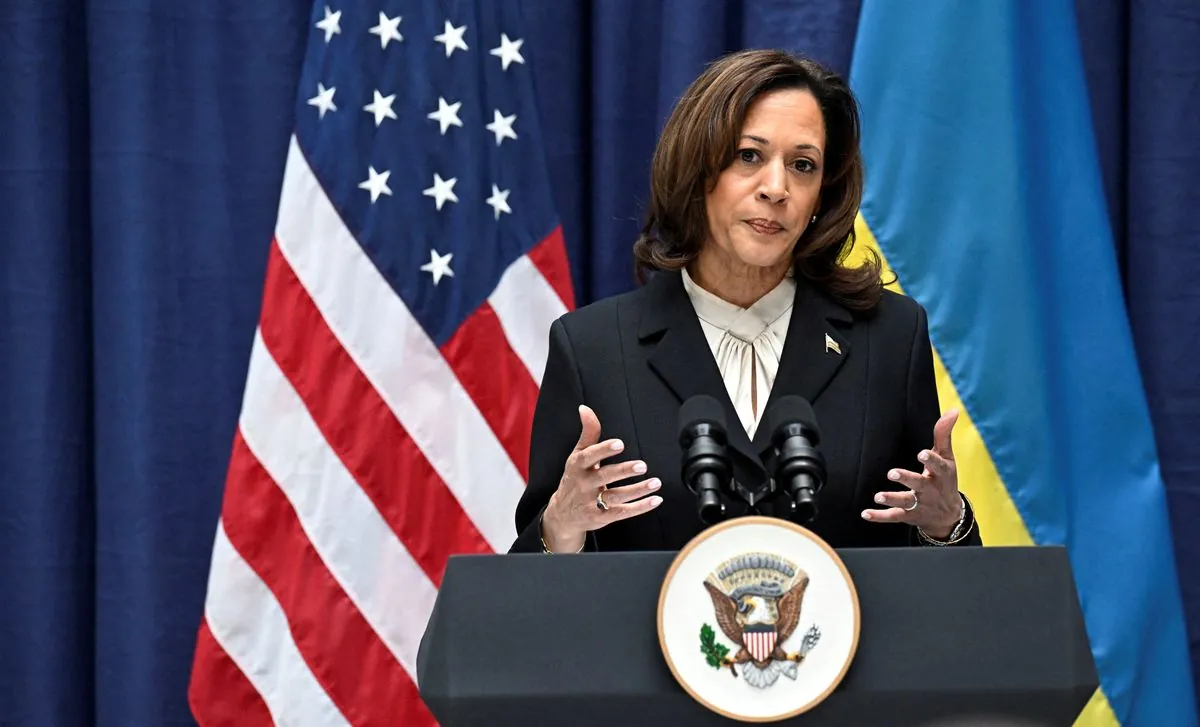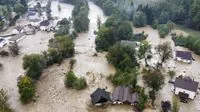Haiti Gang Attack: 70 Dead, Thousands Displaced in Pont-Sondé
A violent gang assault in central Haiti's Pont-Sondé has resulted in at least 70 fatalities and displaced nearly 6,300 residents. The government has deployed elite police units to the area in response.
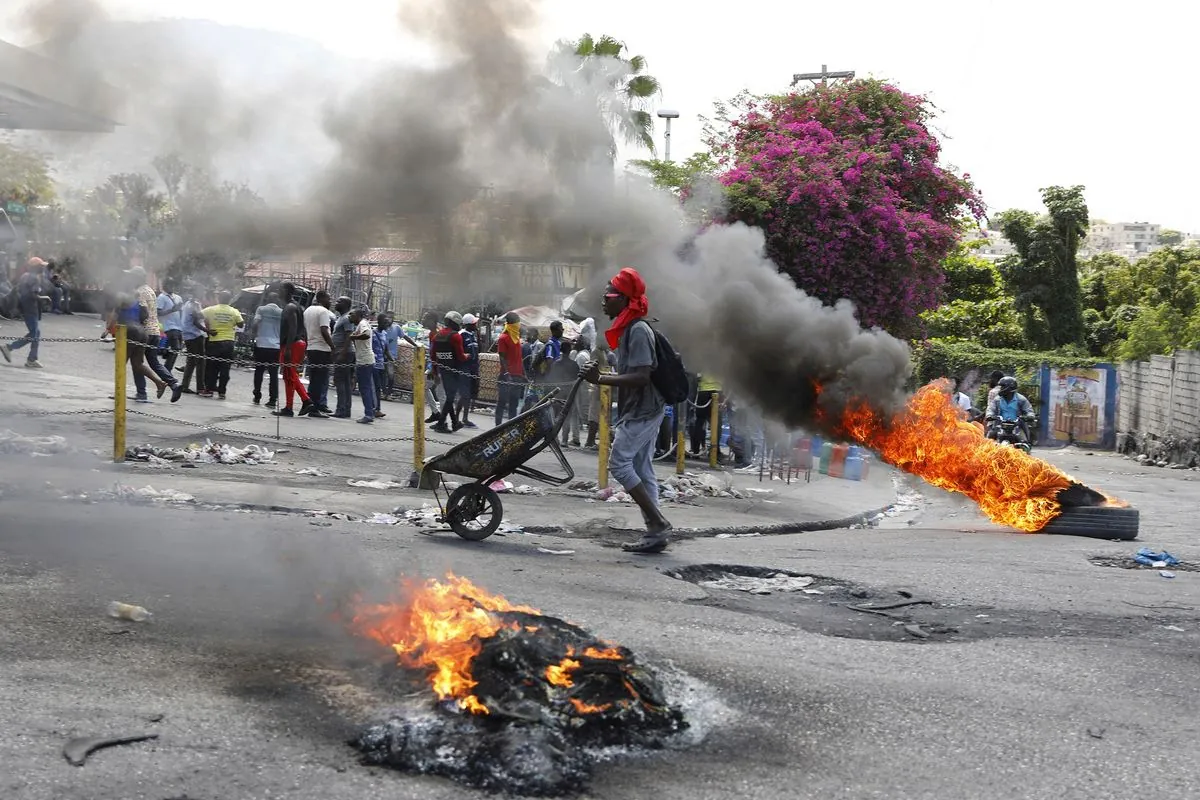
In a devastating incident that underscores Haiti's ongoing struggle with gang violence, an attack in the central town of Pont-Sondé has left at least 70 people dead and forced nearly 6,300 residents to flee their homes. The assault, which occurred in the early hours of Thursday, October 3, 2024, has drawn international condemnation and highlighted the urgent need for improved security measures in the Caribbean nation.
The International Organization for Migration (IOM) reports that approximately 90% of the displaced individuals have sought refuge with relatives, while the remaining 12% have found shelter in alternative locations, including a local school. This recent displacement adds to the already significant number of internally displaced persons in Haiti, which as of October 2, 2024, exceeded 700,000 individuals, with more than half being children.
Survivors of the attack describe a harrowing experience. Sonise Mirano, a 60-year-old resident, recounted, "I just had time to grab my children and run in the dark." The violence has left a lasting impact on the community, with bodies found in the streets, many bearing gunshot wounds to the head.
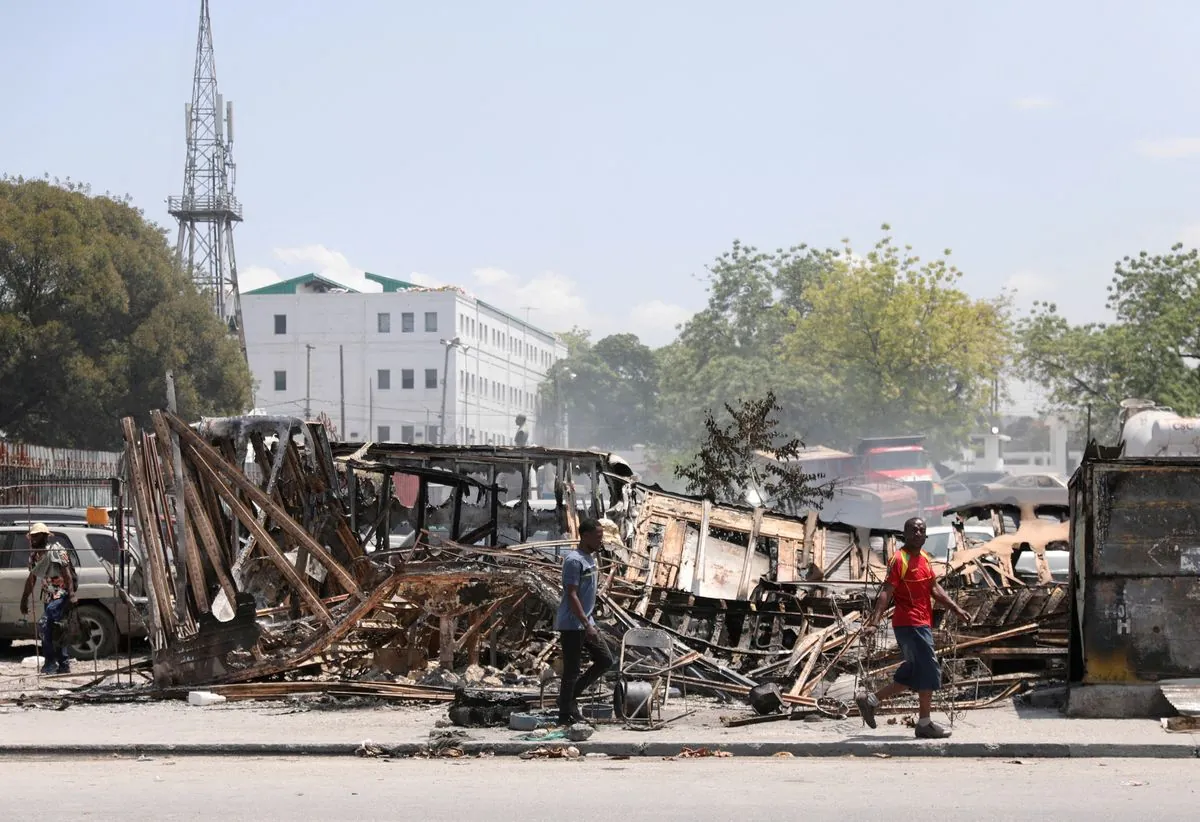
The Haitian government has responded by deploying an elite police unit from Port-au-Prince to Pont-Sondé and providing medical supplies to the area's overwhelmed hospital. Prime Minister Garry Conille has vowed to bring the perpetrators to justice, stating, "It is necessary to arrest them, bring them to justice, and put them in prison."
This attack is part of a broader pattern of escalating gang violence in Haiti, particularly in the Artibonite region, which is crucial for the country's food production. The situation has exacerbated Haiti's already challenging circumstances, as the nation grapples with being the poorest country in the Western Hemisphere and faces numerous socio-economic challenges.
Haiti's history of political instability and natural disasters has contributed to its current crisis. Since gaining independence from France in 1804 as the first independent black republic, the country has experienced multiple coups and periods of unrest. The devastating 2010 earthquake, which claimed over 200,000 lives, further strained the nation's resources and infrastructure.
The recent violence has also drawn attention to Haiti's ongoing struggles with public health and environmental issues. The country has faced recurring cholera outbreaks since 2010 and suffers from one of the highest maternal mortality rates in the Western Hemisphere. Additionally, severe deforestation has led to significant environmental challenges.
International organizations and governments have expressed their concern over the situation. The United Nations Human Rights Office of the Commissioner stated it was "horrified by Thursday's gang attacks," while the European Union condemned the violence as "yet another escalation in the extreme violence these criminal groups are inflicting on the Haitian people."
As Haiti continues to face these multifaceted challenges, the need for comprehensive solutions addressing security, economic development, and social welfare becomes increasingly apparent. The international community's support and the Haitian government's commitment to restoring order will be crucial in overcoming the current crisis and paving the way for a more stable future.
"It is necessary to arrest them, bring them to justice, and put them in prison. They need to pay for what they have done, and the victims need to receive restitution."



















